- Book Title: Tarot Spreads: How to Read Them, Create Them, and Revise Them
- Author: Meg Jones Wall (https://www.3amtarot.com/; IG: @3am.tarot)
- Publisher: Red Wheel/Weiser (https://redwheelweiser.com)
- RRP: US $21.95
- ISBN: 978-1-57863-855-0
- Reviewer: Cadence (IG: @temperanceandtruth)
I have been a subscriber to Meg Jones Wall’s newsletter, Devils & Fools (sign up at: https://www.3amtarot.com), for a long time, and it’s one that I’m always happy to see show up in my inbox (I love a good, old-fashioned email newsletter!). I was aware that her second book, Tarot Spreads, was coming out, and so was excited to have the chance to review it.
Before I get into the content of the book, I’d love to mention the overall tone, which is the same as the author’s newsletter and website. Sometimes in the tarot world—like in any other place in life—you come across those that give off airs, or otherwise imply that everyone else is somehow less than. This is the opposite of how you’ll feel when reading Wall’s work. Wall is approachable, kind, inclusive, relatable, and encouraging, and that comes across so well in this book. This is a decidedly safe space for readers of any experience to gain confidence and new insight in their practice.
Tarot Spreads is a comprehensive look at the art of confidently crafting spreads in your practice. In the introduction, the author reminds us that the shape of the spread, no matter how attractive or complex, is irrelevant; instead, learning how to create a meaningful, personal spread for ourselves is one of the most significant pieces of our practice. While this sounds basic, it’s actually one of the more important aspects of reading that is overlooked. As beginners, we tend to use spreads created by others. And while there is nothing inherently wrong with that, often the prompts are abstract since they’re trying to fit a large audience. While the spreads may relate to the subject we are trying to understand, the abstract nature of the prompts can leave readers (especially new readers) feeling frustrated. The main idea of Wall’s book is that, “a well-crafted spread, regardless of its length or specificity, can deliver a very accurate, powerful, and useful reading, no matter the complexity of the situation or question.”
In the chapter on reading spreads, Wall addresses several of the issues we may encounter during readings with sections like, ‘What if my question is really complicated?’ and “What if the whole reading doesn’t make sense to me?’. These relatable concerns are addressed in an encouraging manner, and should give any reader, regardless of their experience, a new way to approach issues in a reading. Wall offers reassuring potential explanations and considerations when we feel discouraged or confused following a reading.
Two chapters offer extensive suggestions about both writing and revising spreads. The author defines tarot spreads as “structured layouts that organize our tarot readings” and provides several example spreads showing both the flow of a story and possible interpretations. The method of crafting a spread (and the reasoning behind why a certain method may be most useful) offers new and experienced readers the type of practical assistance needed to reach a new level of confidence around writing spreads. If you feel stuck, an extensive list of prompts is provided that can be customized to fit any question. Wall reminds us that there is no one way; we are all individuals, and we can easily adjust the information offered to fit our own reading style and method.
The last section includes spreads crafted by the author to either use as written or modify to fit our specific needs, encouraging us to release ourselves from the tendency to use a spread exactly as written. What I love about this section is that, in addition to themes we commonly see (Career, Love, etc.), there are interesting themes such as: Relationships and Community; Activism; and Hard Times. There are many prompts and an endless number of ways to tweak the prompts to fit any situation.
If you ever feel uncertain about what to ask when you pick up your deck, or if you feel disconnected or confused following a reading, Tarot Spreads gives you every tool you need to create your own personal collection of spreads for your practice with self-assurance. I have been reading tarot for over two decades, and, after reading this book, I was inspired to start a new notebook for myself just to hold spreads, something I’d never considered doing previously. This is absolutely the tarot book you didn’t realize you needed in your personal tarot library, and I can’t recommend it enough.
About the Author: Meg Jones Wall (she/they) is a queer, chronically ill tarot reader and teacher who creates tarot resources and courses for spiritual misfits through her business, 3am.tarot. Meg is the author of Finding the Fool: A Tarot Journey to Radical Transformation. They are based in New York City.
Deck shown in photo: Tarot Volatile, created by Credo quia Absurdum.

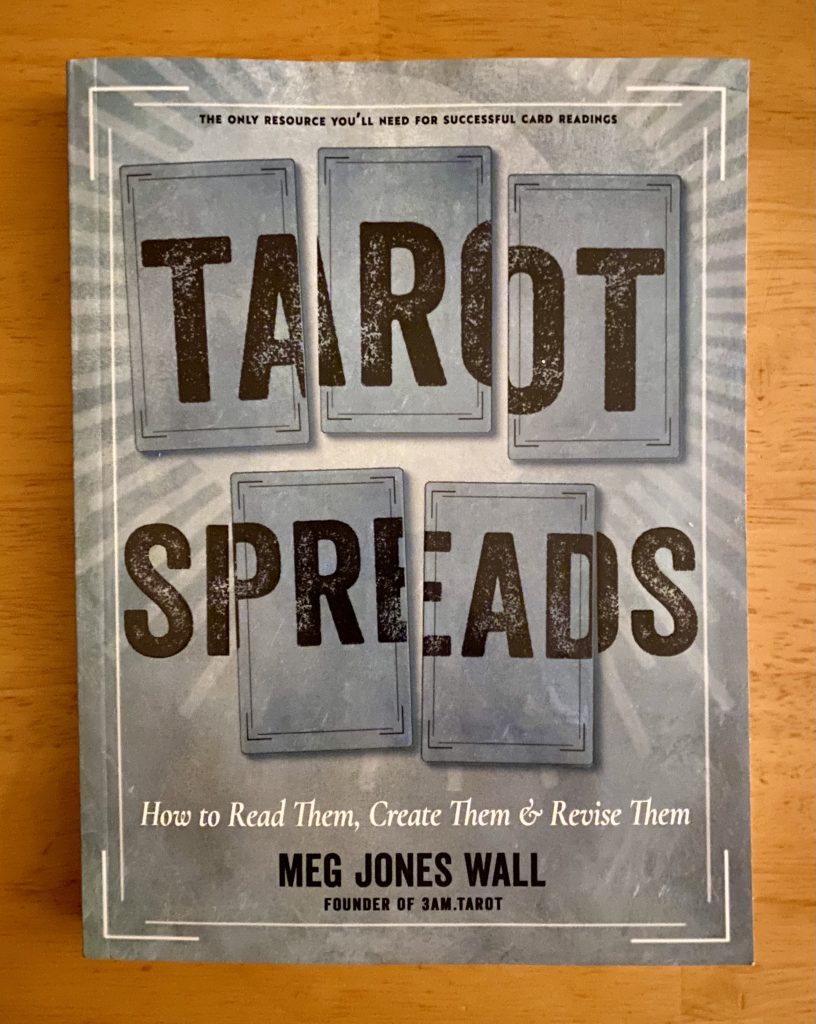
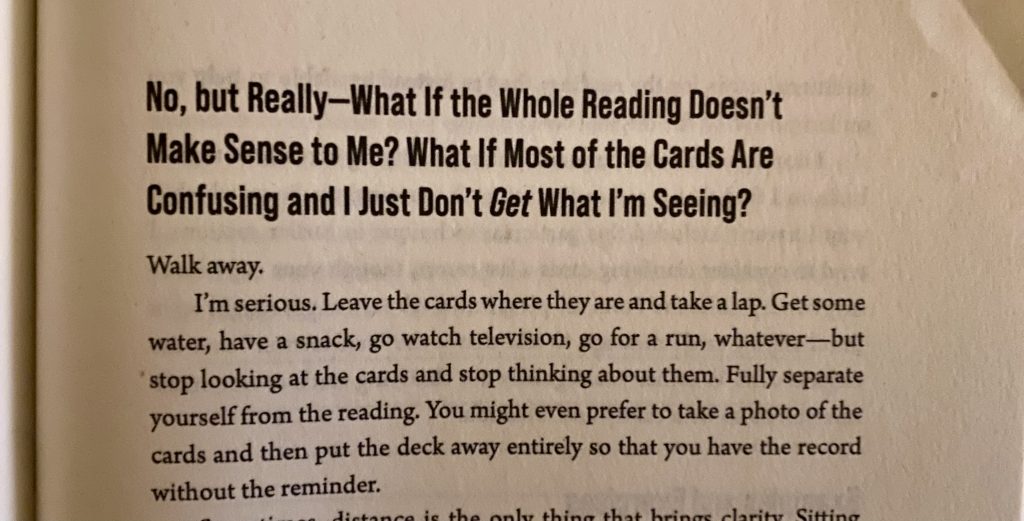
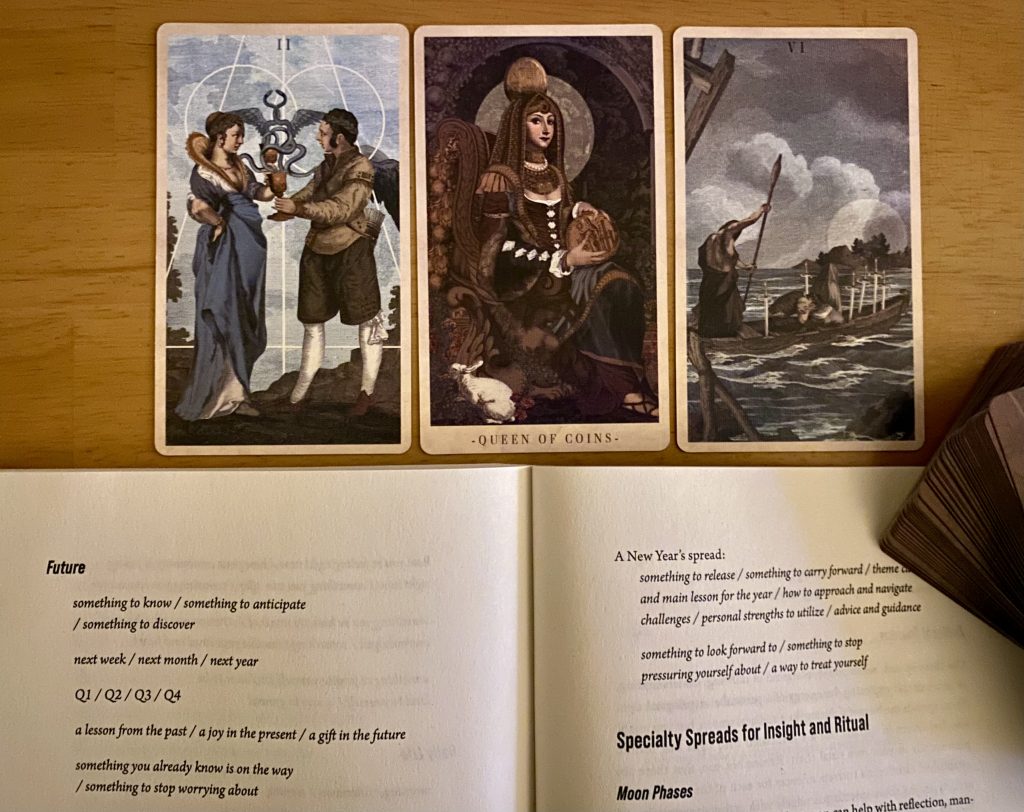

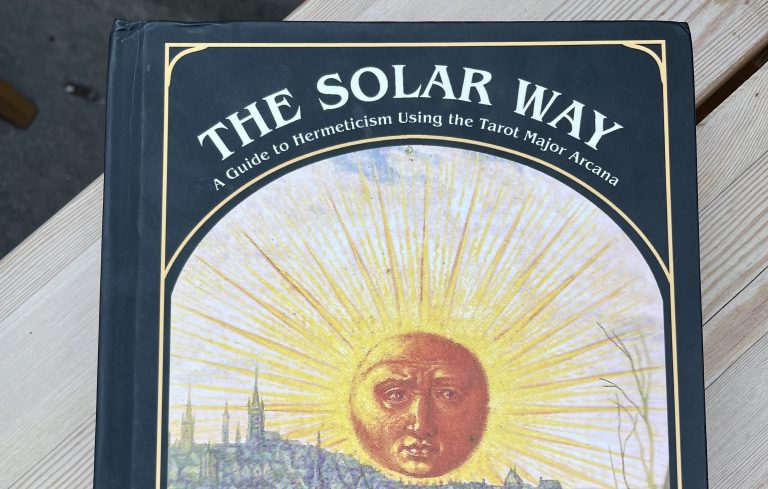
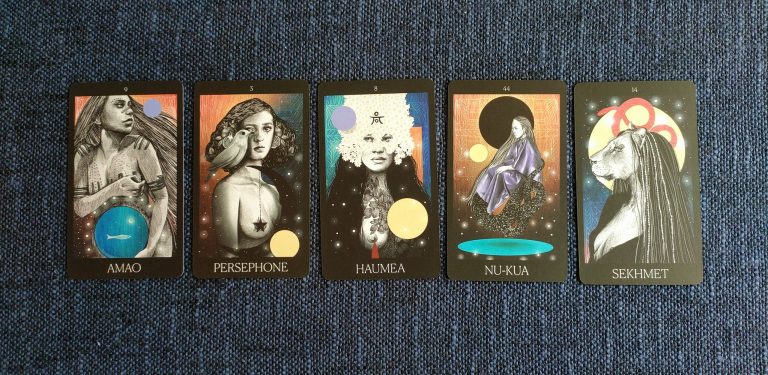

0 Comments